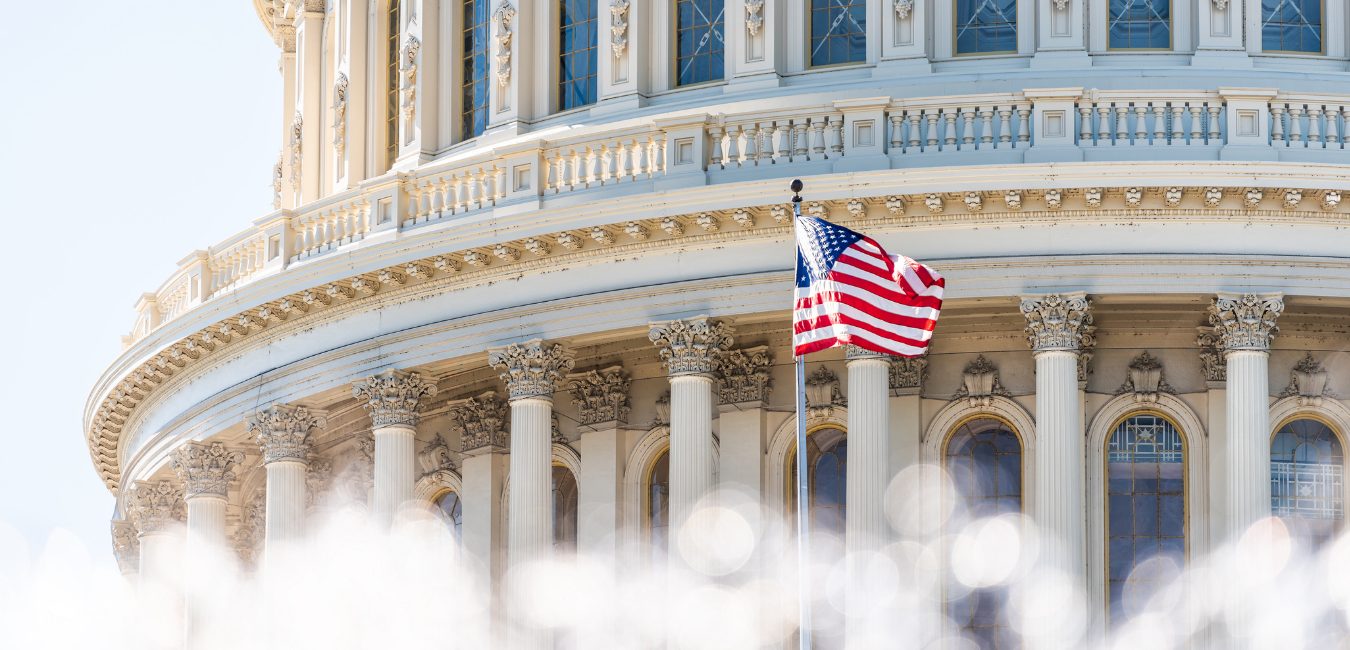Showing results for virg xped registration promo code 2024 ecuador 2024 code 2024 ecuador 2024 2024 2024

Five Big Questions (and Zero Predictions) for the U.S. State Privacy Landscape in 2024
[…] the year that the public first experiences widespread enforcement of their new privacy rights? One structural reason for a lack of visible enforcement actions may be that Virginia, Colorado, Connecticut, and until recently, California all provide the ability for businesses to ‘cure’ many or all alleged violations of their privacy laws before a formal […]

ICYMI: FPF Webinar Discussed The Current State of Kids’ and Teens’ Privacy
[…] considered show four primary categories of laws being considered by state regulators: Platform Accountability Laws, Age Verification Laws, Social Media Metering Laws, and the California Age-Appropriate Design Code (CA AADC). In recent actions, the Federal Trade Commission has stepped up enforcement of the Children’s Online Privacy Protection Act (COPPA). Finally, the U.S. Congress has […]

Survey of Current Universal Opt-Out Mechanisms
[…] to evolve, specifically in reaction to new regulatory requirements as an increasing number of international jurisdictions and U.S. states have enacted comprehensive privacy laws. As of October 2024, twelve states grant individuals the right to opt out of businesses selling their personal information or processing that data for targeted advertising. Of these twelve state […]

Call for Nominations: 14th Annual Privacy Papers for Policymakers
[…] and winning papers on our website. FPF will invite winning authors to present their work at an annual event with top policymakers and privacy leaders in spring 2024 (date TBD). FPF will also publish a printed digest of the summaries of the winning papers for distribution to policymakers in the United States and abroad. […]

EU’s Digital Services Act Just Became Applicable: Outlining Ten Key Areas of Interplay with the GDPR
[…] to protect individuals in relation to how their personal data is processed, ensuring that such processing respects their fundamental rights, while at the same time seeking to promote the free movement of personal data within the EU. While the two regulations do not have the same taxonomy of regulated actors, the broad scope of […]

The First Japan Privacy Symposium: G7 DPAs discussed their approach to reign in AI, and other regulatory priorities
[…] had adopted a separate and detailed Statement on generative AI. In his keynote, Commissioner Shuhei Ohshima remarked that “generative AI adoption has increased significantly.” In order to promote trustworthy deployment and use of the new technology “the importance of DPAs is increasing also on a daily basis,” the Commissioner added. Generative AI is not […]

A New Domicile for Comprehensive Privacy in Delaware
[…] up to the age of 17 (although CT SB 3 creates similar protections for 13-17-year olds), child-directed privacy and online safety laws, including the California Age-Appropriate Design Code and Utah Senate Bill 152, have increasingly applied to the data and activity of teenagers up to age 17. 4. Expanded Rights to Access and Delete […]

Nigeria’s New Data Protection Act, Explained
[…] Search Engines (VLOSEs) and may be used to create unique and additional obligations for such controllers and processors. The Act currently requires qualifying entities to meet special registration requirements, appoint a data protection officer, and pay different penalty amounts for violations. Future obligations will relate to processes relating to filing of compliance returns (Section […]

We’re On to Oregon: Sixth State Privacy Law of 2023 Creates New Consumer Rights and Protections
[…] 2023) to adopt broad-based data privacy legislation governing the collection, use, and transfer of consumer data. The bulk of OCPA’s requirements will take effect on July 1, 2024 (with a July 1, 2025 effective date for nonprofit organizations). OCPA is the product of a multi-year stakeholder task force held under the auspices of Attorney […]

Unveiling China’s Generative AI Regulation
[…] were released, most Chinese users’ access to such services was already geo-blocked – either by the service providers themselves (e.g., by requiring a foreign telephone number for registration), or by the Chinese government through enforcement measures. At the same time, the scale of China’s user market and its involvement in AI development render it […]
